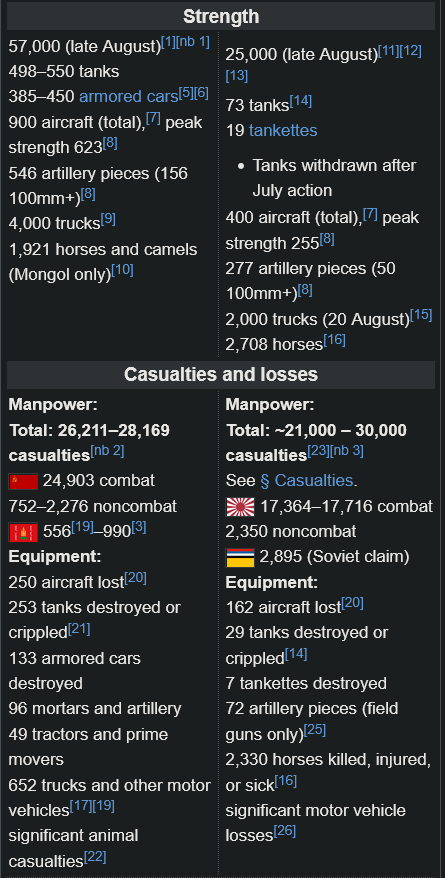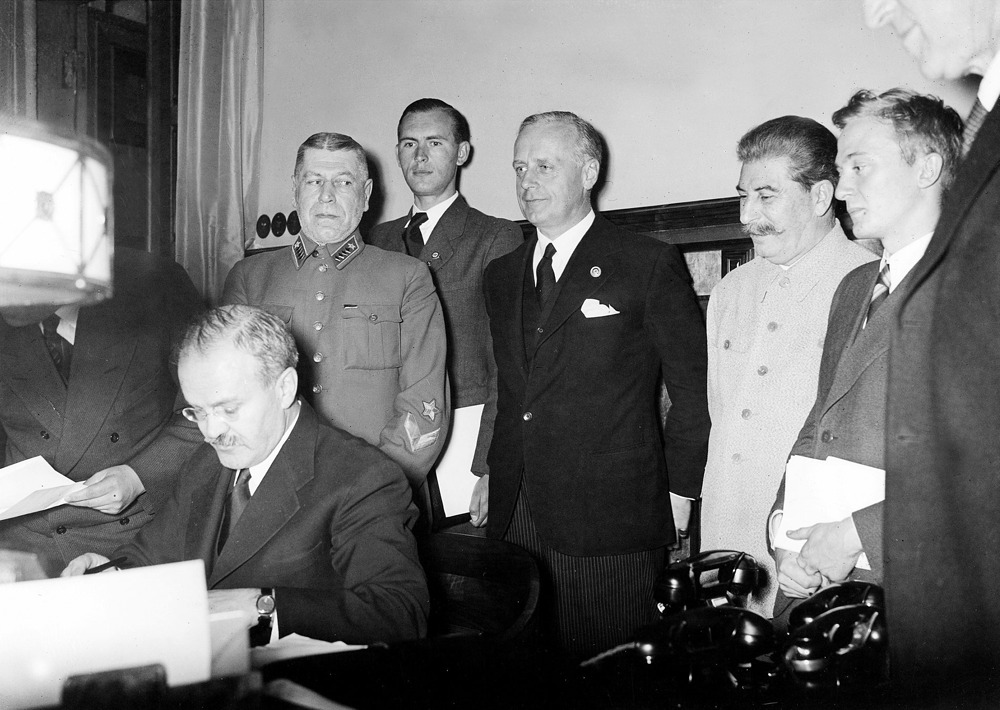I am actually learning German as we speak.

Good Luck my friend… The sooner the Russians Nuke us the better…
Also a key role in being best trade friends with Nazi Germany, while they were fighting against Poland, France and Britain, and a key role in swallowing up Latvia, Lithuania, Estonia, Bessarabia and part of Finland.
But this is not really talked about in our public discourse, schools or media, is it?
As if 1939-41 never happened.
Conveniently commemorating Great Patriotic War, but never Second World War.
As far as body armor in Enlisted goes – it needs to be cosmetic only.
I event want bother to answer you, Viky. Go pretend you care about history somewhere else
You are speak about The Munich agreement don’t you?
After Germany declared war on the United States, a number of American companies continued to cooperate with Germany. Until 1945, the United States continued to supply oil and gasoline to Germany.
I know, Vicky, you’ve been trying, but next time, please read the history before interrupting an adult conversation.
Good joke, tell me the next one.
You’re essentially equating very different things:
- Government-to-government deals (like Munich, 1938, or the Molotov–Ribbentrop Pact, 1939):
These were formal, state-level diplomatic agreements that had enormous geopolitical consequences. Munich allowed Germany to dismantle Czechoslovakia; the Nazi–Soviet pact carved up Eastern Europe and directly facilitated WWII’s outbreak. - Private business activity prewar (like U.S. companies with subsidiaries or trade links in Germany in the 1930s):
These were commercial dealings in a period when the U.S. was officially neutral. They’re not remotely equivalent to governments signing treaties that handed territory to Hitler or Stalin. However, once the U.S. entered the war, business ties stopped and the U.S. actively fought Germany.
So comparing Munich (a binding international diplomatic concession) to U.S. firms doing business before December 1941 is misleading at best. One is state policy legitimizing Nazi-Communist aggression, the other is prewar capitalism operating in a neutral country, however morally questionable.
What about it?
Even if this was the case (which it isn’t, USA are not insane to provide fuel to Germany and get their ships sunk by uboats running on that fuel), does it make anything I said not true?
i would love to see sources on this. i know that before pearl harbor USA did sell oil to germans, but that is cause they were neutral. before barbarossa USSR was one of the main suppliers of oil to germany, so both were equally guilty.
btw did quick google search and there were some inconclusive reports about standard oil selling oil to nazis. there is no clear evidence about that happening after USA entered war and most of it comes from 1 guy that wrote a book about it.
*Note: the ‘rant’ that you heard on the radio may stem from Charles Higham’s ‘Trading with the Enemy’. This book makes various claims concerning, among other things, the relationship between Standard Oil and IG Farben, the German company which made synthetic fuel. Without wishing to give the impression that every American industrialist’s hands were spotlessly clean, it should be noted that Higham is not a professional historian (he mostly wrote sensationalized Hollywood biographies) and has, in several of his books, made claims which cannot be substantiated (e.g. ‘Errol Flynn was a Nazi spy’). A review of the book can be found here.
an that person who thinks ussr defeated japan would be in far greater need as they are clearly not in touch with reality. the ussr defeated japan to the degree usa defeated germany. the ussr did not win ww2 or do most the work of defeating japan and germany.it hardly even fought italy one of the three largest axis powers. ussr has many rights to claim germany inflicting tremendous casualties in men and gear while taking them in kind. but the us sank the japanese fleet defeated and killed far more in number and fought for many more years. take the victory lap for having done the most to defeat germany. defeating 750 000 poorly trained and armed Japanese soldiers along with 300 000 poorly armed korean hostages. calling that a major contribution greater than americas in the asian theater verges on pathetic.
they had 500 ‘tanks’ against 5.500 and a thousand planes i refuse to believe japan gave koreas 300,000 hostages 1000 planes. against 4000.
the problem is they did not leave after ‘liberating’ Poland they murdered over 22 000 people and occupied Poland for nearly half a century. poland was also a country they had earlier invaded with germany. so how do you liberate a country you were already ay war with and occupied by a former ally.
this is what happened when soviets encountered army that was not entirely made of recruits and was not so underequipped.

You were probably trying to be funny, but it didn’t work out.
In USSR there was no companies. And if Coca-Cola trade with GE - people feel it as US company trade with GE
In 1938, following the Munich Agreement, Poland supported territorial claims against Czechoslovakia and annexed parts of Czech and Slovak lands, including the regions of Cieszyn Silesia, Orava, and Spisz.
After 1941, the Ford branch in occupied France continued to produce trucks for the Wehrmacht, and its other branch, in Algeria, supplied Hitler’s General Rommel with trucks and armored cars. Even in April 1943, when the Soviet Union was engaged in bloody battles with the Nazis, Ford’s French branches worked exclusively for Germany’s benefit. Cargo “pyatitons” and passenger “Fords” were the main army transport of the Wehrmacht.
So, for the aviation of the Reich, American companies supplied thousands of aircraft engines and, most importantly, licenses for their production. For example, the BMW Hornet engines, which were equipped with Germany’s most massive transport aircraft, the Junkers 52, were manufactured under license from the American company Prat & Whitney.
Opel was owned by General Motors in Germany. The factories of this company produced armored vehicles of the Reich, as well as almost 50% of the power units of the Junkers-88 bombers. In 1943, the German branch of General Motors developed and began producing engines for the Messerschmitt-262– the first Luftwaffe jet fighter.
IBM managed to triple its capital during the Second World War. A significant part of it was obtained through cooperation with Hitler. The calculating machines supplied through the German branch allowed the Nazis to conduct a census of the population of the occupied countries in a short time and determine the number of persons to be arrested by cross-analysis. IBM supplied many departments of the Reich, including concentration camps, with its calculating machines, spare parts for them, and special paper.
It’s funny how the locals react to the topic of strengthening cuirasses. I understand perfectly well that this is an attempt to close the topic and I will no longer respond to these provocations.
funny on the topic of liberation vs occupation you liberate then possible rebuild than leave you do not replace the government, murder is citizens. ussr liberated eastern europe the same way the us liberated the Philippines, Hawaii, germany liberated finland, poland
You’re mixing up very different things here: prewar business deals, seized subsidiaries under Nazi control, and actual wartime “trading.”
1. Ford in France/Algeria
Yes, Ford had factories in France and Algeria before the war. Once Germany occupied France and Vichy territory, those plants were commandeered by the Nazis. Trucks built there went to the Wehrmacht, but that wasn’t “Ford USA supplying Rommel” — it was Germany exploiting seized assets. Ford HQ in America had no control after 1940.
2. Pratt & Whitney / BMW
BMW’s Hornet engine came from a license deal in the 1920s–30s. By WWII, Germany was producing them domestically. No engines or licenses were shipped from the U.S. once the war began — you’re talking about prewar agreements being twisted into “wartime trade.”
3. Opel / GM
GM owned Opel before 1940, but the Nazis seized effective control once the war started. Opel plants were forced to produce trucks and parts, but GM in the U.S. wasn’t designing the Me 262’s engines (those came from Junkers). The idea that GM was “developing jet engines for Hitler in 1943” is flat-out false.
4. IBM
IBM’s German subsidiary (Dehomag) sold punch-card machines in Germany. Those machines were used by the Nazi bureaucracy — including in horrific ways. But again, by the time war broke out, Dehomag was operating under Nazi control. IBM in New York wasn’t “supplying concentration camps” from across the Atlantic.
Bottom line:
- Prewar business links? Yes, they existed (as with many countries).
- During the war? German-occupied subsidiaries were coerced into serving the Reich. That’s not “the U.S. trading with Germany” — it’s Nazi Germany seizing and exploiting whatever industry it could.
- After Dec 1941, any real trade with Germany would have been treason.
So what you’re presenting as “ongoing American support for Hitler” is really just a mix of pre-1939 licensing and factories the Nazis stole once they conquered territory. Not the same thing at all.
I wonder why. ![]()
No you feel it’s trade with Germany, it isn’t, its local subsidiaries forced to work under a fascist economy, their parent comapnies had already lost effective control.
You mean the region the Czechs in turn had seized from the Poles when they were busy the Polish-Soviet war? If you think this means Poland is every bit as bad as the Reds (both kinds) and that they in turn deserved to be invaded (again) then you’re seriously deluded.
It’s all you my man, all you. I hand’t even considered this line of thought, but you’re clearly the model of intellectual honesty and sportsmanlike behaviour, so I’m not surprised this is your angle on this.
so you are telling me that occupied territory with captured equipment and workers continued to provide equipment to its occupators? those bad americans…
are you talking about ju52 that was designed in 20s and started manufacture in 30s? how is that exactly relevant for post pearl harbor after which USA stopped being neutral country?
oh yeah… USA controlled opel during ww2
World War II
Opel automobile production ended in October 1940, after the company’s American leadership had rejected an “invitation” to switch to munitions manufacture a few months earlier.[24] In 1942 Opel switched to wartime production, making aircraft parts and tanks. Truck manufacture continued at the Brandenburg plant, where the 3.6-liter Opel Blitz truck had been built since 1938. These 3 short tons (2.7 t) trucks were also built under license by Daimler-Benz in Mannheim.[24]
btw should we blame USSR for German–Soviet Commercial Agreement (1940) - Wikipedia
Between January 1940 and date of the German invasion, the USSR exported goods of a total estimated value of 597.9 million Reichsmarks to Germany. German deliveries amounted to 437.1 million Reichsmarks.[1]: 367–369 The agreements continued German–Soviet economic relations and resulted in the delivery of large amounts of raw materials to Germany, including over 820,000 metric tons (900,000 short tons; 810,000 long tons) of oil, 1,500,000 metric tons (1,700,000 short tons; 1,500,000 long tons) of grain and 130,000 metric tons (140,000 short tons; 130,000 long tons) of manganese ore.
The Soviet Union received the incomplete Admiral Hipper-class naval cruiser Lützow, the plans to the battleship Bismarck, information on German naval testing, “complete machinery for a large destroyer”, heavy naval guns, other naval gear, and samples of 30 of Germany’s latest warplanes, including the Bf 109 and 110 fighters and Ju 88 and Do 215 bombers.[2]: 668–669 [3]: 105 [4]: 46 The Soviet Union also received oil and electric equipment, locomotives, turbines, generators, diesel engines, ships, machine-tools, and samples of Germany artillery, tanks, explosives, chemical-warfare equipment, and other items.[2]: 668–669
Raw materials that Germany had obtained from the Soviets through the 1940 agreement supported the German war effort against the Soviet Union from 1941. In particular, the German stocks of rubber and grain would not have sufficed to support the invasion of the USSR if the Soviets had not already exported these products to Germany.[5]: 202
The Soviet foreign minister Vyacheslav M. Molotov signing the 1939 Molotov-Ribbentrop pact, as the German foreign minister, Joachim von Ribbentrop, standing third from left, and Stalin, fourth from left, look on. The Molotov-Ribbentrop Pact, signed on August 23, 1939, was a non-aggression treaty between Nazi Germany and the Soviet Union. This pact ensured that the two countries would not take military action against each other for the next ten years, allowing them to divide Eastern Europe into spheres of influence, particularly regarding Poland. The agreement was negotiated by German Foreign Minister Joachim von Ribbentrop and Soviet Foreign Minister Vyacheslav Molotov, and it included secret protocols that outlined the territorial divisions following a potential invasion of Poland. This pact played a crucial role in the lead-up to World War II, as it enabled Germany to invade Poland without fear of Soviet intervention.
